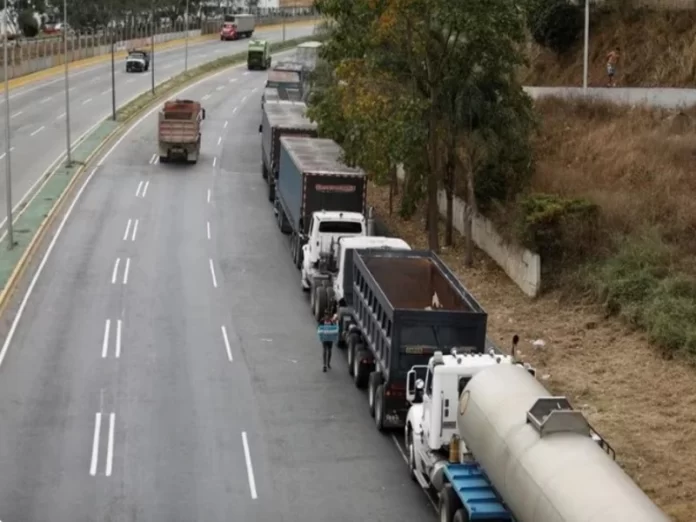Introduction: In Venezuela, an unconventional system known as the «gasoline bingo» has been implemented to determine which vehicle registrations are eligible to access fuel. This unique approach has garnered attention and raised questions about its effectiveness and fairness. This article explores the details of the gasoline bingo system, its impact on the population, and the broader implications for Venezuela’s fuel distribution.
The gasoline bingo system in Venezuela has become a topic of intrigue and controversy. Designed to address fuel shortages and regulate access to gasoline, this system utilizes a random selection process akin to a traditional bingo game. The main objective is to control fuel distribution by limiting access based on vehicle registration numbers.
Under this system, each day is assigned a range of vehicle registration numbers that are allowed to purchase fuel. A public announcement is made stating the eligible range, and individuals whose registration numbers fall within that range can visit designated fuel stations to refill their tanks. This process has been implemented as a temporary measure to manage the scarcity of fuel in the country.
The gasoline bingo system has both supporters and critics. Proponents argue that it provides an equitable and transparent approach to distribute limited resources. They believe that by introducing an element of chance, the system prevents favoritism and discourages corruption in fuel distribution. Additionally, it aims to discourage hoarding and promote responsible use of gasoline.
However, critics argue that the gasoline bingo system is a flawed solution to a much larger problem. They contend that it is a Band-Aid measure that fails to address the root causes of the fuel crisis, such as mismanagement, corruption, and insufficient investment in infrastructure. Furthermore, the random nature of the system creates inconvenience and uncertainty for vehicle owners who rely on fuel for their daily activities.
The implementation of the gasoline bingo system has had a significant impact on the Venezuelan population. Vehicle owners now face the challenge of planning their activities around their designated fuel days, often enduring long queues and delays at fuel stations. The system has also led to the emergence of a black market where individuals sell their fuel quota to those who are unable to obtain it through the official channels.
The gasoline bingo system highlights the deep-rooted issues within Venezuela’s energy sector. The country, once known for its abundant oil reserves, now grapples with fuel shortages and an inefficient distribution system. Addressing these challenges requires comprehensive reforms, including investment in infrastructure, combating corruption, and promoting sustainable energy alternatives.
In conclusion, the gasoline bingo system in Venezuela represents a unique approach to regulate fuel distribution. While it aims to address the scarcity of gasoline and promote fairness, it has generated mixed reactions among the population. As the country continues to grapple with energy challenges, it is essential to explore long-term solutions that address the underlying issues and ensure reliable access to fuel for all Venezuelans.









